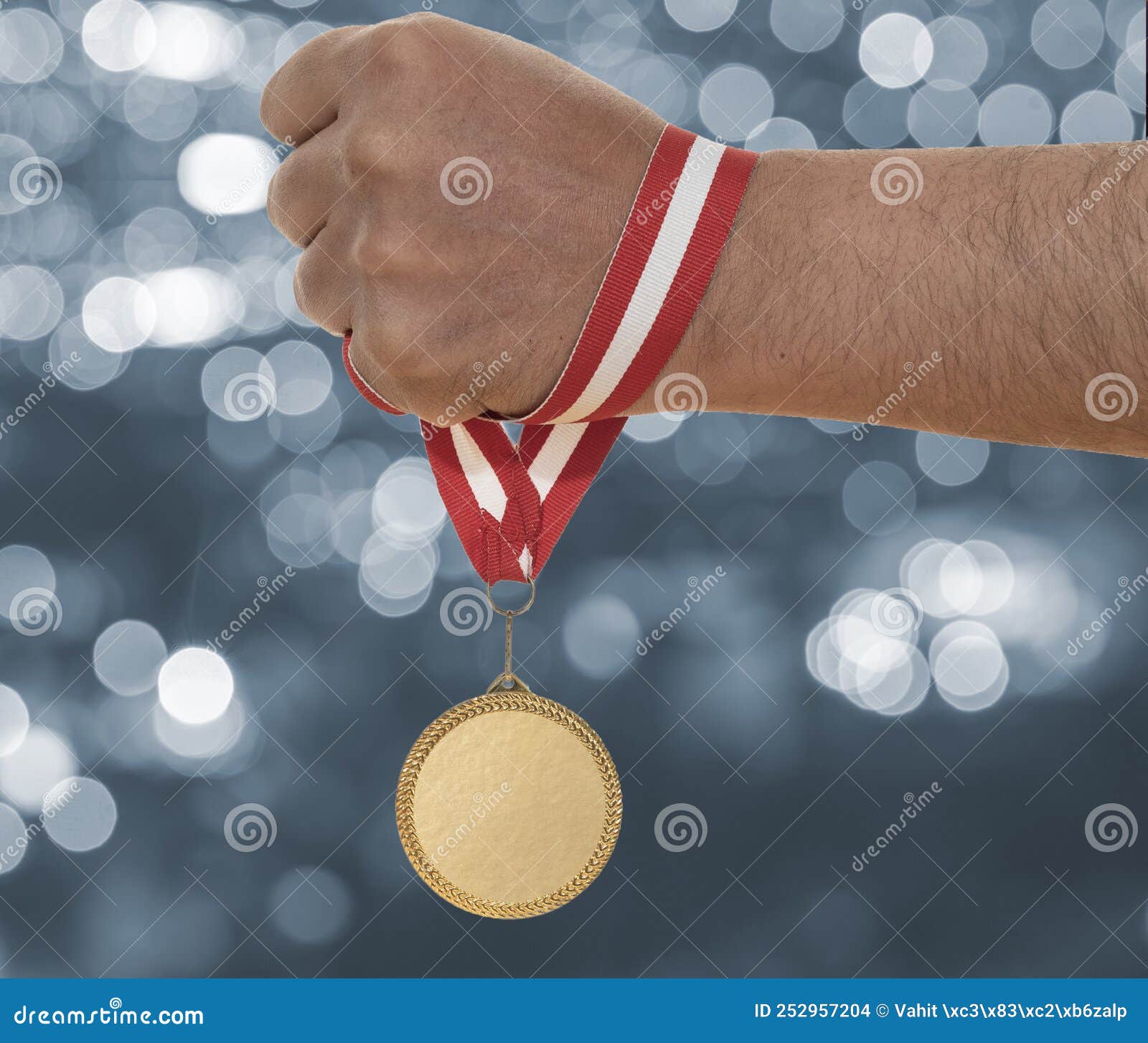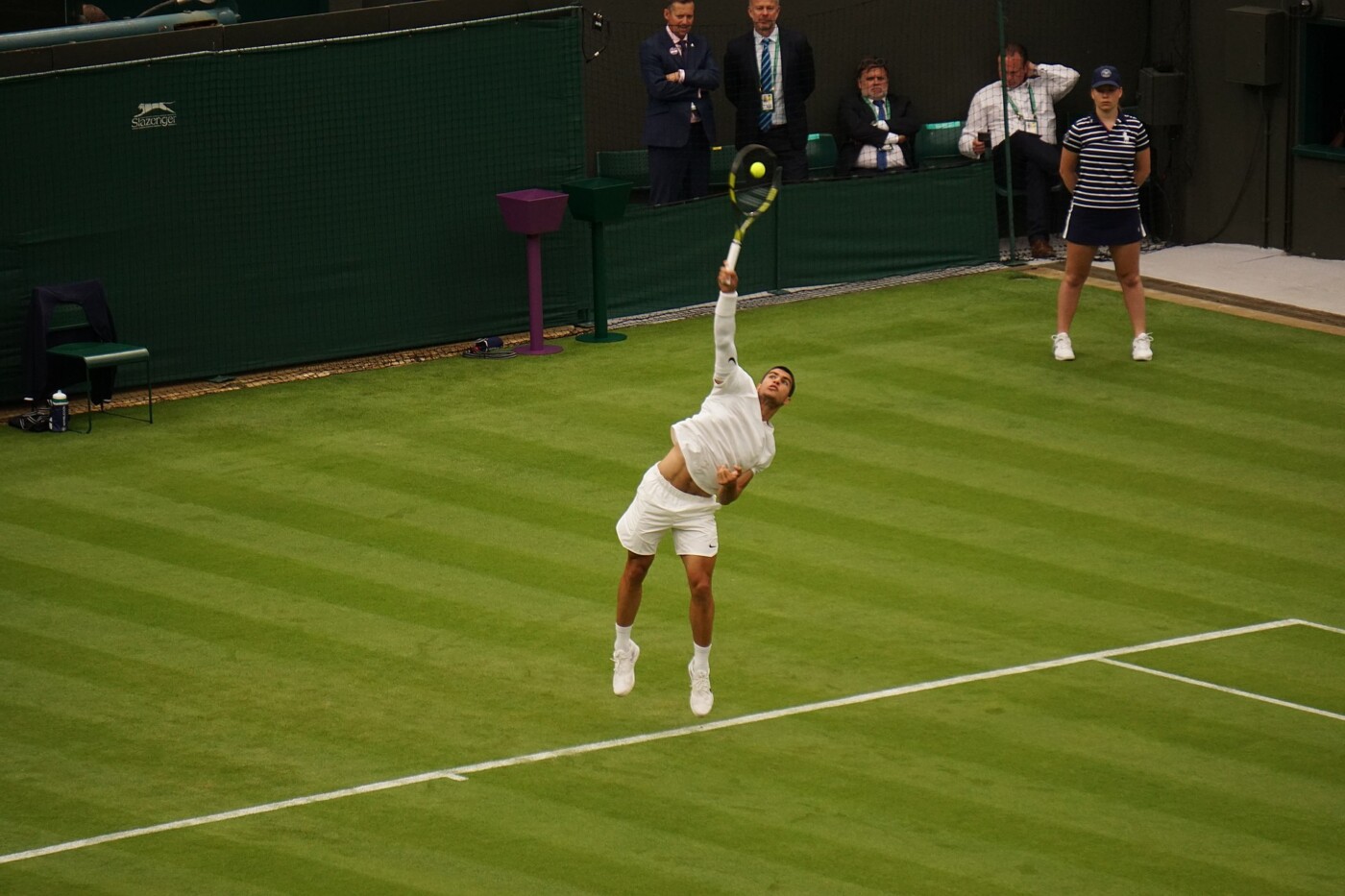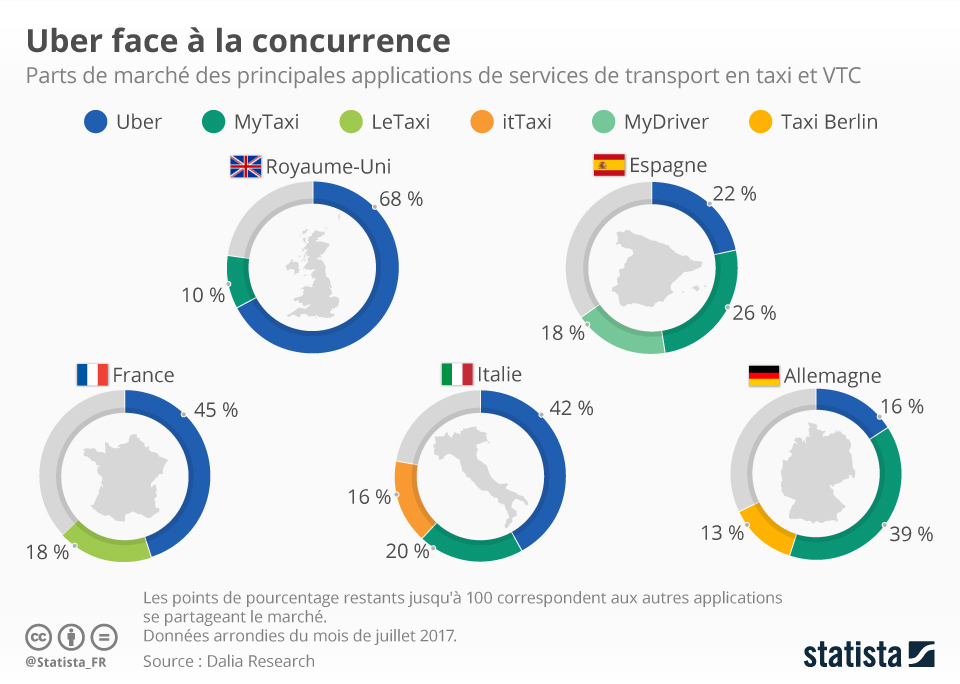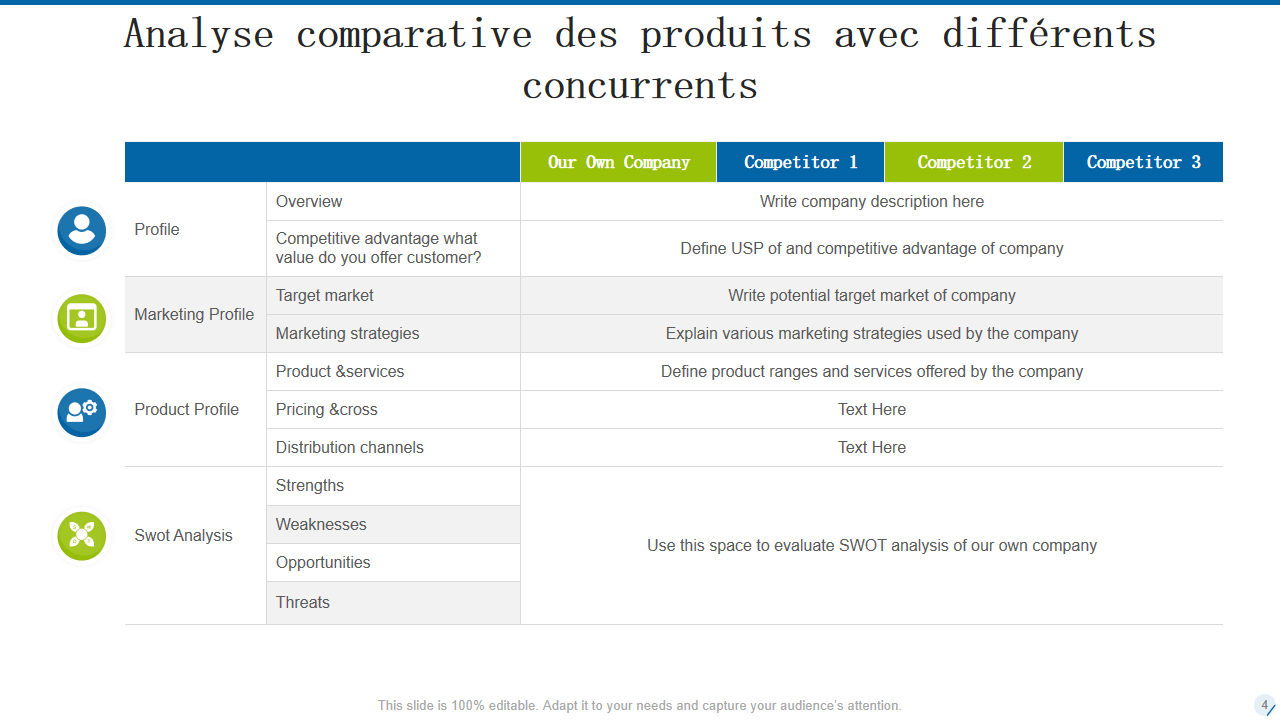The Reigning Champion Of Rome: Ambition Beyond Victory

Table of Contents
Military Prowess: The Foundation of Power
Military victory formed the bedrock of power for any aspiring Roman emperor. The Roman army, comprised of highly disciplined legions, was a formidable force, and successful commanders garnered immense prestige and popular support. This military success translated directly into political capital. Key elements contributing to a successful military campaign and a lasting legacy included:
-
Strategic Brilliance: Emperors like Augustus, initially known as Octavian, masterfully utilized the existing military structure, consolidating his power after a period of civil war. His shrewd political moves coupled with successful military campaigns allowed him to establish the Principate, ushering in an era of relative peace and stability known as the Pax Romana. Trajan's conquests significantly expanded the empire's borders, showcasing remarkable tactical genius and securing his place among Rome's greatest military leaders. His Dacian campaigns, for example, resulted in significant territorial gains and vast quantities of resources.
-
Technological Advancement: The Roman army was constantly evolving, incorporating new technologies and improving upon existing military strategies. Innovative siege weaponry, improved logistics, and the use of advanced fortifications contributed to their consistent victories and expansion.
-
Popular Support: Military triumphs invariably boosted an emperor's popularity among the populace. Triumphant generals returning from successful campaigns were celebrated as heroes, ensuring continued support and solidifying their power base. The link between military success and popular acclaim was a powerful tool in the hands of ambitious emperors.
Political Maneuvering and Strategic Alliances
The Roman political landscape was a treacherous maze of factions, rivalries, and shifting alliances. Successfully navigating this complex world was as crucial as military prowess. The reigning champions understood the intricacies of Roman politics and utilized them to their advantage:
-
Senate Manipulation: The Senate, a powerful institution, had to be managed carefully. Emperors adept at political maneuvering secured senatorial support through strategic alliances, patronage, and carefully crafted legislation. Augustus, for instance, expertly navigated the Senate's complexities, maintaining a facade of republicanism while consolidating his power.
-
Strategic Alliances: Forming alliances with powerful families and influential figures within the empire was critical for consolidating power and preventing internal conflict. These alliances could provide crucial support during times of crisis and help secure the emperor's position against potential rivals.
-
Propaganda and Public Image: Cultivating a positive public image was essential. Emperors used propaganda, public works projects, and carefully orchestrated events to garner popular support and bolster their legitimacy. The carefully constructed image of the emperor as a benevolent ruler, a protector of the people, and a successful military leader played a significant role in maintaining their power.
The Art of Governance: Building a Lasting Legacy
Beyond military victories and political maneuvering, the truly great Roman emperors understood the significance of effective governance. They recognized that lasting legacies were built not just on power, but on the welfare and prosperity of the empire:
-
Infrastructure Development: Vast infrastructure projects—roads, aqueducts, public baths—were not merely displays of power but essential components of efficient governance. These projects improved trade, sanitation, and the quality of life for the Roman people, solidifying the emperor's image as a benefactor.
-
Economic Policies: Sound economic policies were crucial for maintaining stability and prosperity. Emperors implemented various measures to stabilize the currency, manage taxes, and stimulate economic growth, ultimately enhancing their standing among the populace.
-
Legal Reforms and Administrative Efficiency: A well-functioning legal system and efficient administration were vital for maintaining order and preventing corruption. Emperors who implemented effective legal reforms and improved administrative structures earned respect and ensured the smooth running of the empire.
Cultural Impact and Enduring Legacy
The reigning champions of Rome also played significant roles in shaping Roman culture and leaving an enduring legacy that continues to influence Western civilization:
-
Patronage of the Arts and Sciences: Many emperors were great patrons of art, literature, and philosophy. Their support nurtured creativity and intellectual growth, contributing significantly to the flourishing of Roman culture. This patronage created a vibrant cultural landscape and enhanced their image as enlightened rulers.
-
Architectural Marvels: The architectural achievements of the Roman Empire stand as testaments to the vision and ambition of its emperors. Colosseum, the Pantheon, and numerous aqueducts remain iconic symbols of Roman power and engineering ingenuity.
-
Lasting Influence: The legal system, administrative structures, and cultural values shaped during the reigns of these emperors left an indelible mark on Western civilization, influencing everything from law and government to architecture and language.
Conclusion
Becoming a reigning champion of Rome was a complex undertaking, demanding a delicate balance between military strength, political acumen, effective governance, and cultural influence. The emperors who left the most lasting legacies understood this intricate interplay of power and demonstrated exceptional skill in each area. Their stories serve as compelling examples of leadership, ambition, and the enduring pursuit of power within one of history's most fascinating empires. Their ability to combine military might with shrewd political strategies and effective governance solidified their place in history as true reigning champions of Rome.
Call to Action: Want to learn more about the compelling stories of Rome's most powerful rulers and the strategies that cemented their place as reigning champions? Dive deeper into the fascinating world of Roman history and explore the legacies of these influential figures!

Featured Posts
-
 Dubbo Championship Wrestling Musical The Full Cast Revealed
May 28, 2025
Dubbo Championship Wrestling Musical The Full Cast Revealed
May 28, 2025 -
 Bandung Diguyur Hujan Simak Prakiraan Cuaca 26 Maret
May 28, 2025
Bandung Diguyur Hujan Simak Prakiraan Cuaca 26 Maret
May 28, 2025 -
 One Costly Inning Kochanowicz And The Angels Lose To Yankees
May 28, 2025
One Costly Inning Kochanowicz And The Angels Lose To Yankees
May 28, 2025 -
 Bianca Censoris Public Outings A Look At Recent Events
May 28, 2025
Bianca Censoris Public Outings A Look At Recent Events
May 28, 2025 -
 Sinners Run Ends Alcaraz Wins Italian Open
May 28, 2025
Sinners Run Ends Alcaraz Wins Italian Open
May 28, 2025
Latest Posts
-
 Sanofi Une Sous Evaluation Persistante Face A Ses Concurrents Europeens
May 31, 2025
Sanofi Une Sous Evaluation Persistante Face A Ses Concurrents Europeens
May 31, 2025 -
 La Gestion Des Dechets Toxiques Chez Sanofi Une Analyse Critique
May 31, 2025
La Gestion Des Dechets Toxiques Chez Sanofi Une Analyse Critique
May 31, 2025 -
 Depakine Sanofi Et Les Rejets Toxiques De Mourenx
May 31, 2025
Depakine Sanofi Et Les Rejets Toxiques De Mourenx
May 31, 2025 -
 Sanofi Sous Evalue Analyse Comparative Des Laboratoires Europeens
May 31, 2025
Sanofi Sous Evalue Analyse Comparative Des Laboratoires Europeens
May 31, 2025 -
 Sanofi Reponses Aux Accusations De Rejets Toxiques
May 31, 2025
Sanofi Reponses Aux Accusations De Rejets Toxiques
May 31, 2025
